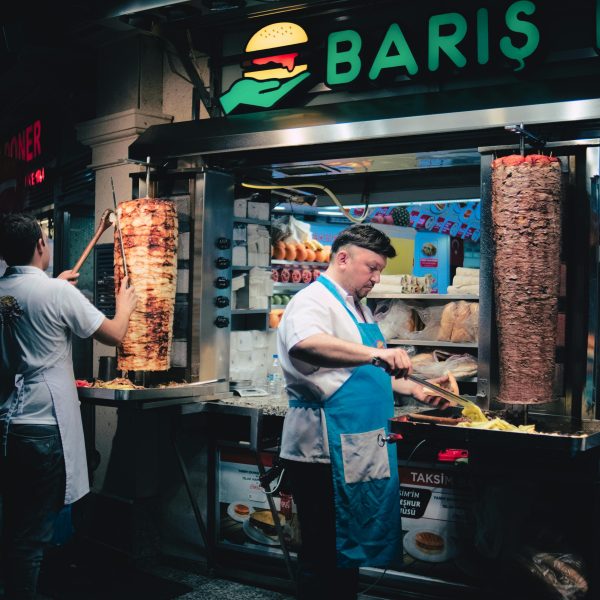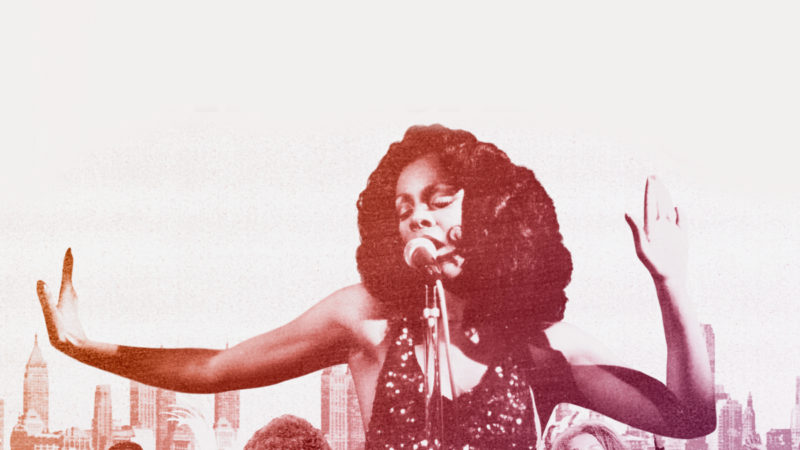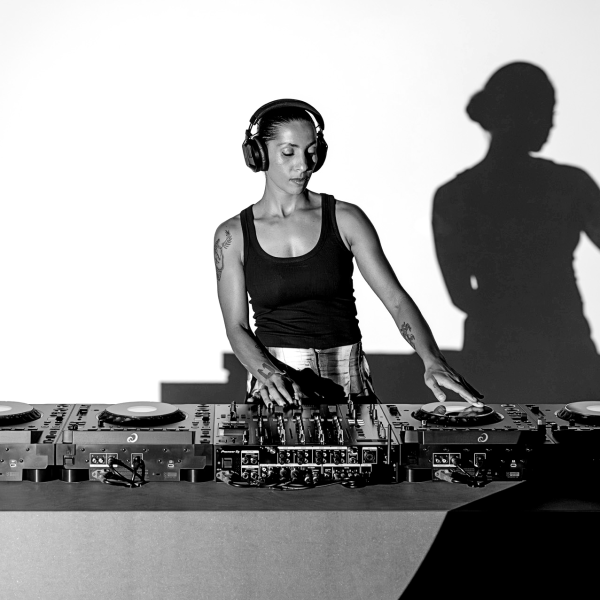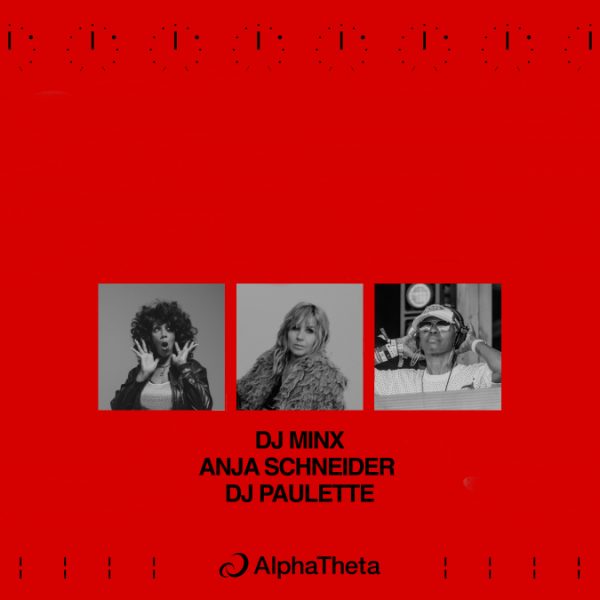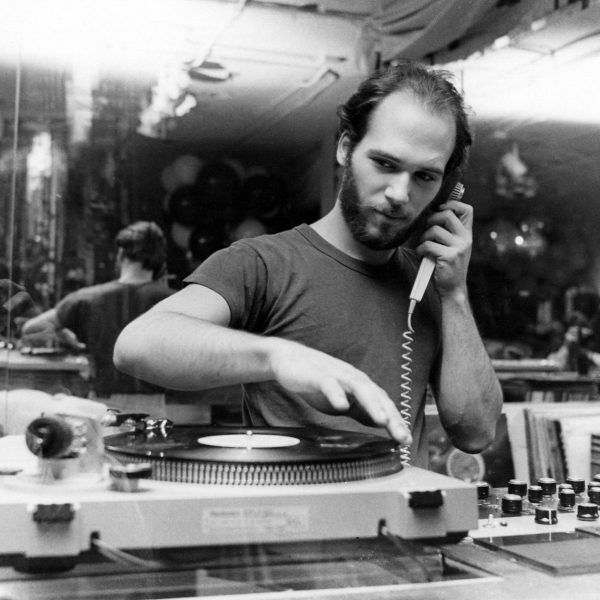House music rose from the rubble of disco
By the end of the ‘70s, disco was eating itself. The once-underground sound had reached global popularity, aand with it came rampant commercialisation. The infamous Disco Demolition Night at Comiskey Park in Chicago, where disco records were blown up and a riot ensued, came to crystallize the growing “disco sucks” backlash, especially among rock fans. Even disco’s pioneer’s had grown tired of what it had become. “It’s pretty much dead,” Siano remembers saying in ‘79.
But not far from Comiskey Park, at a club called The Warehouse, Frankie Knuckles was working on the next evolution of disco. “Frankie Knuckles is considered the godfather of house,” said Honey Dijon. “And so if you know anything about early house music, it was basically disco breaks and R&B songs, and Frankie Knuckles used to play a lot of things on reel-to-reel and he had early drum machines, so he was using drum machines and these disco break loops and he was creating this new genre of music without anyone really knowing it.”
“What happened in Chicago is what African Americans do,” said Ron Trent. “We take scraps off the table and turn them into something high cuisine. And that’s exactly what house music is.”
Like disco before it, house provided a safe haven for LGBTQ people of color. “House music was disco’s revenge,” said the writer and academic Francesca T. Royster. “The very parts of disco that were lost, the parts of black and brown creativity, its queerness, its ways that disco was part of a soundtrack of exploration before its whitewashing. House music picked that up and ran off with it.”
Soundtrack Of A Revolution also makes clear that this was sound created through limited means. “It might have been a drum machine and one keyboard or one turntable,” said Ron Trent. “Whatever you could get your hands on. We’re talking about teenagers, we’re talking about people who don’t have money, trying to figure out how to express themselves with this equipment.”
From house music came techno, deep house and acid house, before the sound hopped across the Atlantic to Europe and birthed rave culture and the countless sub-genres we’re familiar with today. But in essence, it all comes back to one thing. “If you take all the music today,” said David Morales, “every genre of electronic music owes everything to disco.”
